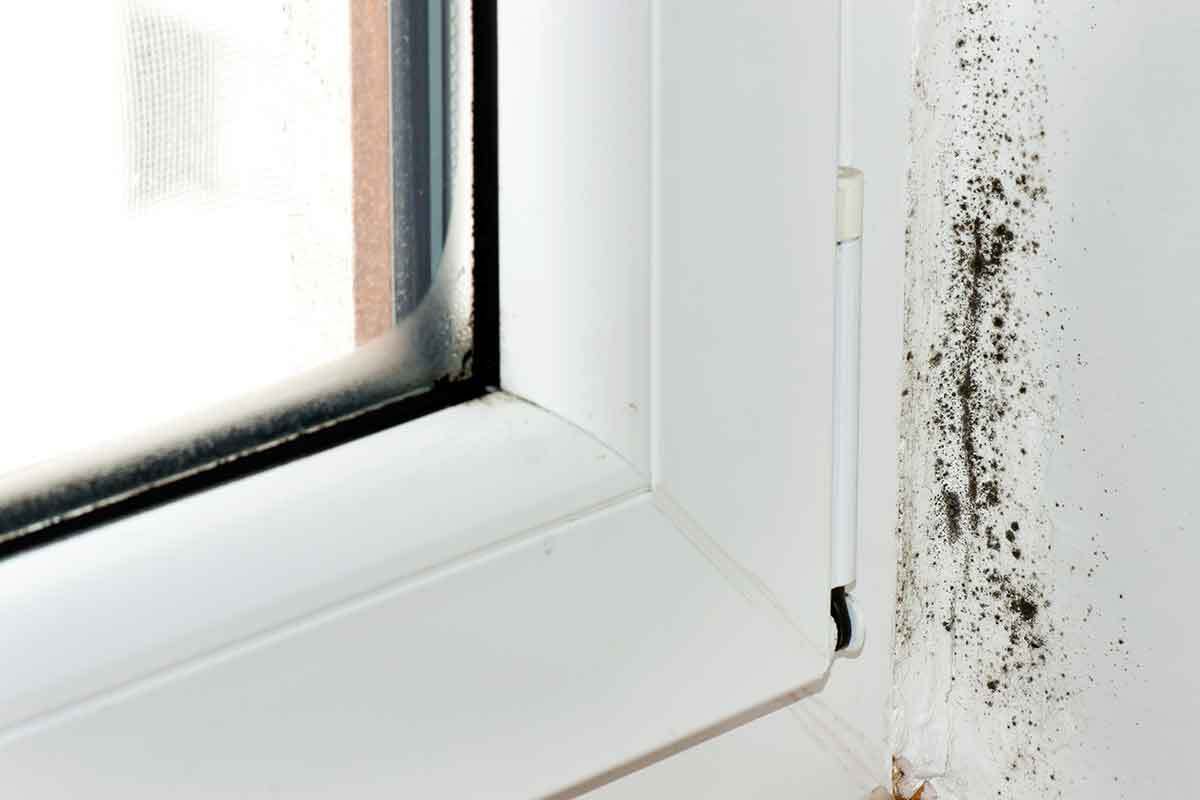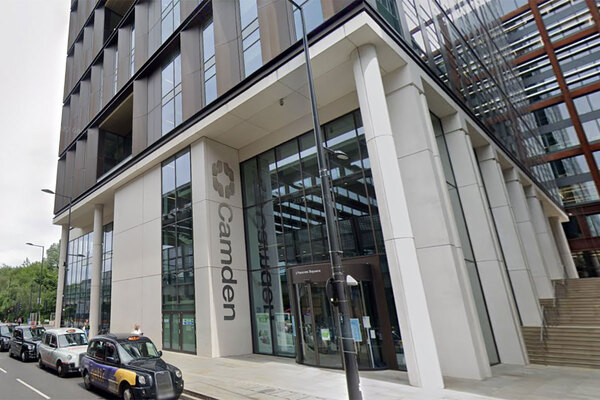Large council getting just 8% of disrepair work orders done in target time
A large local authority is getting only 8% of its disrepair works orders done in target time, a council report has revealed.
Sheffield City Council saw the number of orders – those emerging from disrepair claims from tenants – completed in target time drop from 17% to 8% in the last quarter covering October to December.
However, it said the figures relate to the council’s own set target time, rather than agreed legal timeframes. It said the “vast majority” of work orders are completed within the latter.
The report, which went before the council’s housing policy committee earlier this month, focused on housing performance and cited an increase in disrepair claims across the social housing sector in recent years.
Inside Housing’s research showed that councils in England have been paying out millions in response to thousands of claims from tenants about disrepair in their homes.
The exponential rise, also faced by housing associations, was put down to several issues such as ageing stock, lack of government funding, lack of legal aid, claims farmers coming into the market, and poor responses from landlords to repairs.
According to the council report: “Due to delays dealing with these claims – made worse by delays caused by the pandemic – we have a significant volume of disrepair cases.
“As we are now working through this caseload, our performance in disrepair works orders being completed and signed off within target time has dropped over the financial year (17% in quarter two to 8% in quarter three).
“This is because we are still dealing with many older cases and are struggling to complete newer cases within the target time.”
The report states that it is “likely” that performance for this measure “will remain low as volume pressures continue”.
But it said, “more positively”, the council moved to a new triage process of dealing with disrepair cases during the third quarter.
It is now completing earlier assessments to identify when claims can be dealt with through basic repairs.
“It is hoped that this new process will help us to resolve disrepair claims at an earlier stage, therefore improving the customer experience and reducing our costs,” the report states.
The council is also planning to prioritise responsive repairs over planned works, after demand increased.
Post COVID-19 lockdown, the demand for its responsive repairs service increased by 30% to 40%.
According to the report: “The last three months has covered the peak period in repair requests as we entered the winter months.
“We continue to complete as many repairs each week as we can, however the increase in repair requests has put pressure on our services.
“We have responded to this increase by prioritising responsive repairs above scheduled and planned work. This might result in delays to planned work as we continue to divert resources to meet demand.”
Douglas Johnson, chair of the Housing Policy Committee at Sheffield Council, said: “Like many other local authorities across the country, we have a high number of disrepair cases. For us, this is due to the pandemic and the increase in legal cases against us, which we are required to complete within agreed legal timescales.
“Of course, Sheffield would like to receive the extra government funding that is needed for repairs in the rented sector and I continue to call on the government for that.
“The vast majority of work on disrepair claims are completed within the legal timescales and we are currently completing 8% of work within our target timescales, our targets being higher than the legal deadlines, the two not being the same.
“We are reducing the number of outstanding older repairs though, by putting more resource into resolving complaints as early as possible, monitoring and reporting on performance and intervening much earlier at the diagnosis stage, going from on average 12 weeks to two weeks to carry out disrepair assessments.”
Sign up for our asset management newsletter
Already have an account? Click here to manage your newsletters












